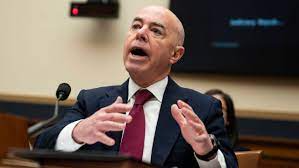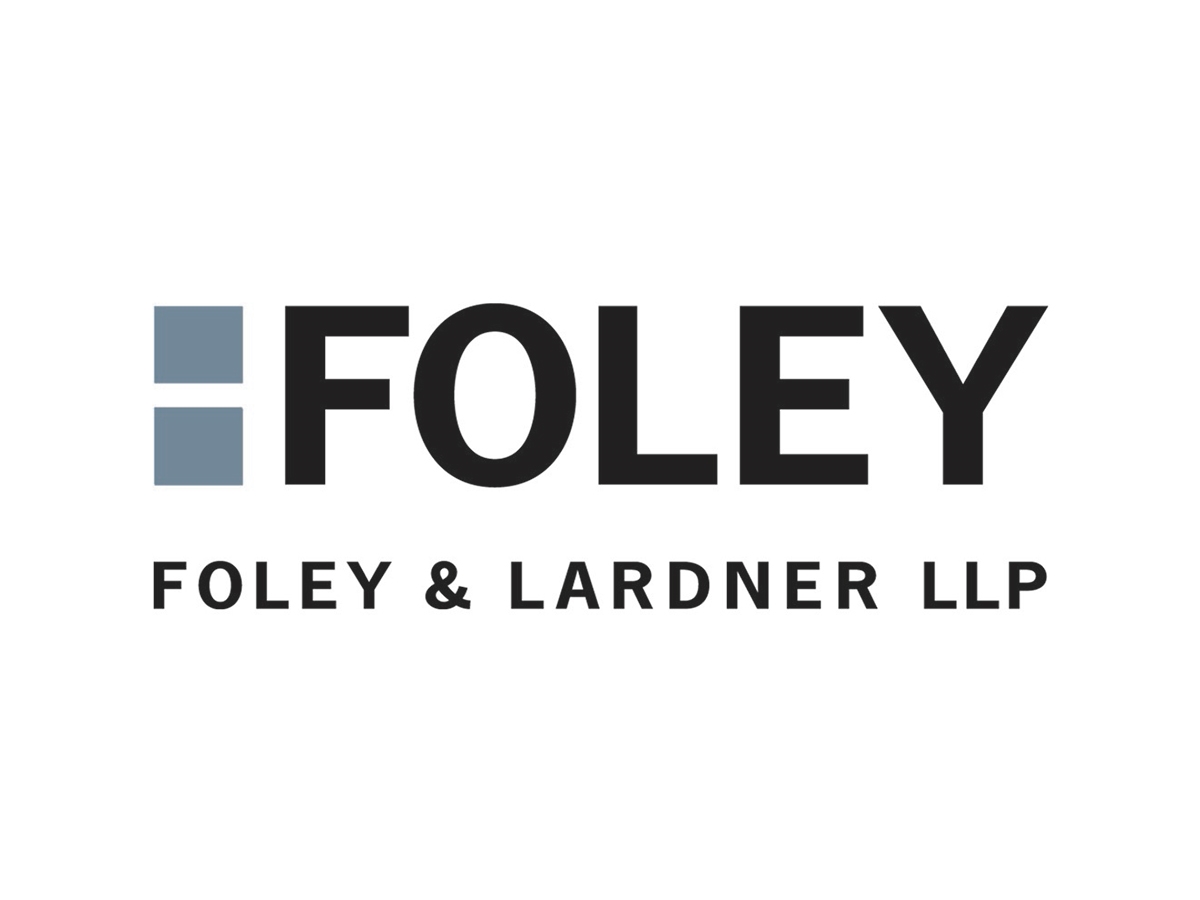The Transfer Portal is Open for Business: Steps for Giving Advice to Student-Athletes | Bricker Graydon LLP
The National Collegiate Athletic Association (NCAA) transfer portal is open for business, though that phrase may be too accurate these days. Nevertheless, for Division I football student-athletes, the time is now and business considerations seem to be front of mind, even if no one is saying as much out loud. While many players have already announced their intentions to transfer, athletic departments will see an increased flurry of activity this week and through the end of the football transfer window.
Lost in this flurry is an ever-present reality that student-athletes may not fully understand the impact that transferring may have on their existing NIL agreements. For athletic departments of higher education institutions, these issues will undoubtedly show up on your doorstep in the form of questions such as,
“What happens if I can’t do X or Y in my agreement?” or “Will the ABC company really care if I can’t fulfill my end of the bargain?”
It’s important that anyone who interacts with these student-athletes understands the potentially perilous nature of incorrectly answering such questions.
We’ve outlined some steps to help your institution navigate these issues:
- Before wading into the waters of giving NIL guidance to student-athletes transferring out of or in to your institution, be cognizant of your school’s level of involvement with NIL agreements and association with collectives. There is no substitute for understanding – and matching – your institution’s overall approach. If there isn’t an overall approach, then consider now as good of a time as any to put a framework in place.
- Ensure your student-athletes are pointed in the right direction towards capable and competent counsel. Ideally, this would involve a referral back to the team that assisted in structuring the NIL deal to begin with, but that may not always be possible.
- Be sure to stay in your lane. Offering guidance on the particulars of a specific NIL deal may be out of bounds based on your role. However, as easy as that is to write (and say), it’s considerably more difficult to put into practice. When a student-athlete is standing in your doorway, the desire is to help. On that, see our second point, above.
- Although specific NIL guidance is likely limited, staff and coaches can find comfort in assisting student-athletes with navigating the portal process related to their athletic and academic eligibility. Institutions routinely assist student-athletes by submitting the necessary NCAA paperwork and generally being available should they have any questions or concerns.
- For those coaches recruiting from the transfer portal, remember that NCAA bylaws and guidelines prohibit improper inducements and compensation for athletics participation or achievement. It is also important to remind coaches that boosters (which oftentimes include NIL collectives) are not permitted to engage in recruiting activities, including recruiting conversations.
For curious minds, there is an interesting debate taking shape on social media on whether a brand would consider suing a student-athlete if said student-athlete transfers and fails to live up to their end of the deal. Without wading into the middle of the debate, it’s worth noting that many companies are adept at navigating these issues. A breached contract doesn’t necessarily mean that a lawsuit is forthcoming. But it’s certainly a possibility. While suing a student-athlete may not make much business sense at times, neither does living with partial performance of a contract, especially if money was paid up front.
As transfer windows slowly open the rest of the academic year, remember that many student-athletes will be relying on your trusting relationship for support and guidance.
[View source.]






